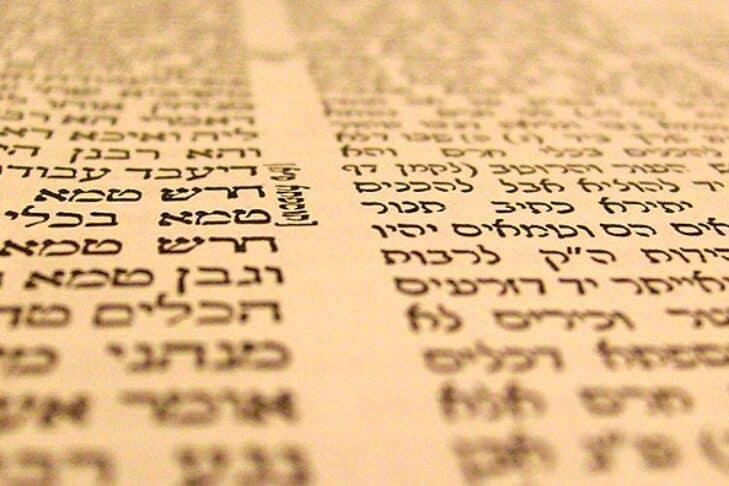Intermittent fasting is all the rage. Maybe it works? Maybe it doesn’t? But don’t credit your favorite TikTok influencer or personal fitness guru for the inception of this idea—we’ve got this covered in-house.
With the joy of the holidays of Tishrei now fading like the daylight of an early fall sunset, we turn our eyes to the month of Cheshvan (or Marcheshvan) and a lesser-known and even lesser-observed tradition: the Fast of Behab. The fast takes place twice a year, including once during Cheshvan, after Sukkot and Passover. Behab, a בהב acronym standing for the Monday, Thursday and Monday after those two festival holidays, is an Ashkenazi tradition of personal dawn-to-dusk fasts on those three days.
Why do we fast on the Behab days? Depending whom you ask, or what source text you’re relying on, either it’s because in all of the celebrations and ribaldry around those holidays, you may have inadvertently sinned, or it’s because some students had a tradition of fasting three days weekly in the Talmudic age “on account of the desecration of the name of God by the heathens who destroyed Jerusalem. and for the honor of the Temple which was burnt” (Soferim 21:3). An even more lightly-observed Behab fast also happened after Shavuot, but since that’s just a one- (or two-) day holiday, there was little chance to sin in that short timeframe, we can just write that one off.
Astute readers here notice that all three of the Behab fasts fall after the pilgrimage holidays, which is perhaps a subtle comment on some illicit behavior or inadvertent violations of the rules of Hol Hamoed which happened on those trips to or from Jerusalem, or a more meaningful reminder that the destruction of the Temple is still something that should be marked by personal fasts on these six (or nine) days on the Jewish calendar as we can longer make that journey. Take your pick, but one of those answers is more fun than the other.
And while the Fast(s) of Behab have more or less gone by the wayside, if the Miami Boys Choir can go viral, you just never know…maybe we can bring this back too. After all, intermittent fasting may actually be good for you.
Or maybe not.
This post has been contributed by a third party. The opinions, facts and any media content are presented solely by the author, and JewishBoston assumes no responsibility for them. Want to add your voice to the conversation? Publish your own post here. MORE



